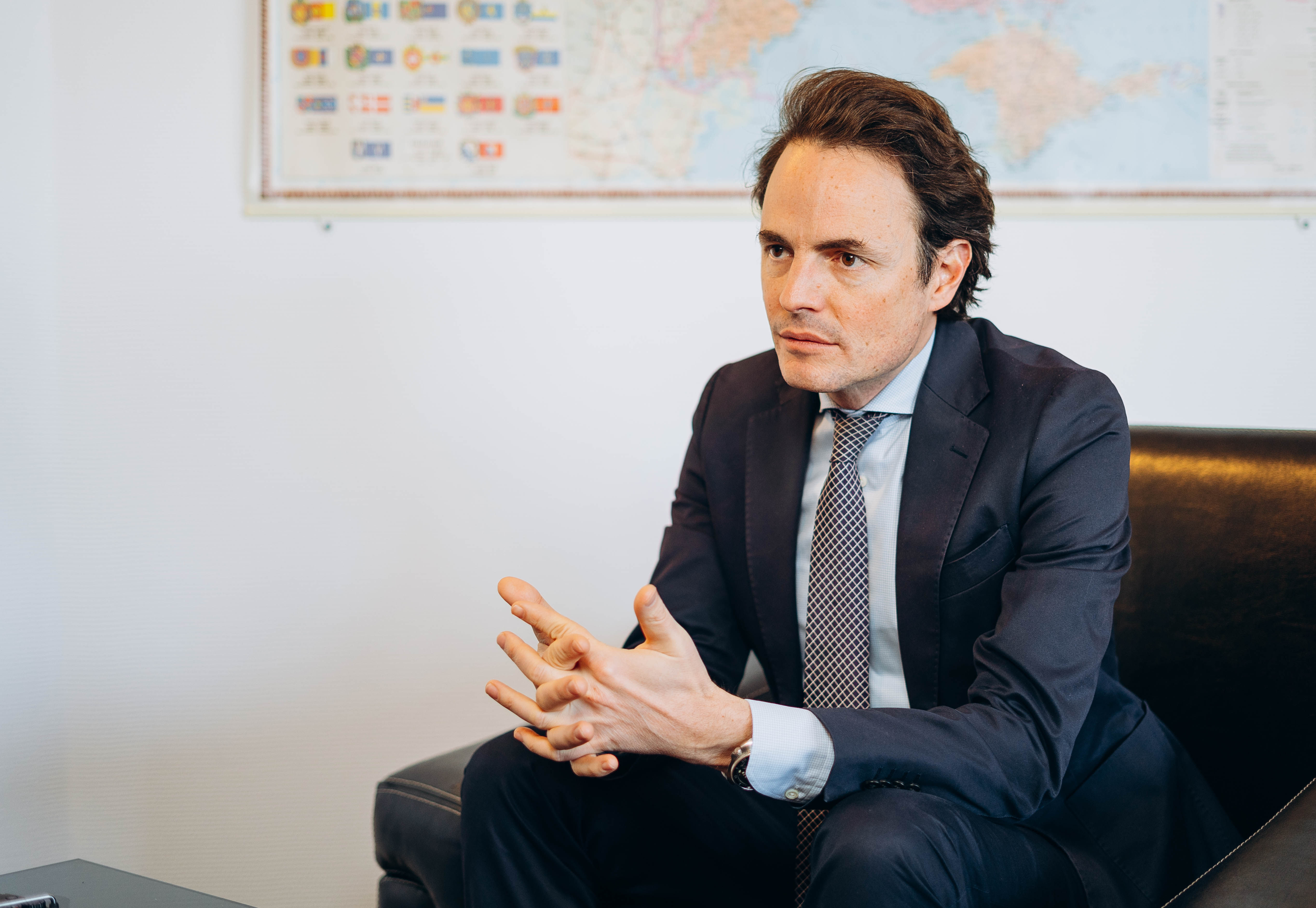The U.S. is in favor of a special hybrid tribunal to punish Russian war crimes in Ukraine, Voice of America (VOA) reported on March 28.
"The United States considered in detail all the pros and cons of each (kind of tribunal) and came to the conclusion that the most effective way to ensure responsibility for crimes of aggression involves the creation of an internationalized court within the judicial system of Ukraine," U.S. State Department Global Criminal Justice Ambassador Beth Van Schaak said, as quoted by VOA.
This system would involve "the integration of professionals, judges, prosecutors, investigators, lawyers, or through the provision of expert assistance at Ukraine's request," according to Van Schaak.
A hybrid tribunal could also entail the court being located somewhere in Europe for as long as the war continues on Ukrainian soil, VOA wrote.
In February 2023, Jennifer Trahan, a professor at the Center for Global Affairs at New York University, expressed concern that a tribunal lacking full international scope could impede the prosecution of individuals responsible for war crimes in Ukraine.
Trahan cited multiple factors to support her concern, including the weight of judgments issued by an international tribunal compared to a non-international one. Additionally, she noted that Ukraine's Criminal Code imposes relatively lenient sentences of seven to 15 years for crimes of aggression.
On March 17, the International Criminal Court (ICC) issued arrest warrants for Russian President Vladimir Putin and Maria Lvova-Belova, the Russian official allegedly overseeing the forced deportations of over 16,000 Ukrainian children to Russia.
Russia withdrew from the ICC in 2016 following its criticism of Russia's illegal annexation of Crimea, meaning that the court does not have the legal jurisdiction to arrest Putin or Lvova-Belova as long as they remain on Russian territory.
All 123 countries that are members of the ICC and have ratified the Rome Status, which establishes crimes falling within the jurisdiction of the court, are now obliged to cooperate with the court's demand to arrest Putin.
However, President Volodymyr Zelensky called the move "historic" and said there was a "real prospect" to see justice served.
Meanwhile, Ukrainian officials continue to pursue their efforts to hold Russian war criminals accountable. Foreign Minister Dmytro Kuleba spoke with EU Parliament President Roberta Metsola on March 21 about the need for a tribunal to punish Russian crimes of aggression in Ukraine.
The minister wrote on Twitter that they had "coordinated steps" to achieve this.
Kuleba also wrote on March 16 that 33 countries were already part of a "core group" working to establish the tribunal.











